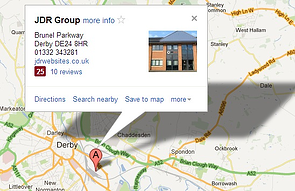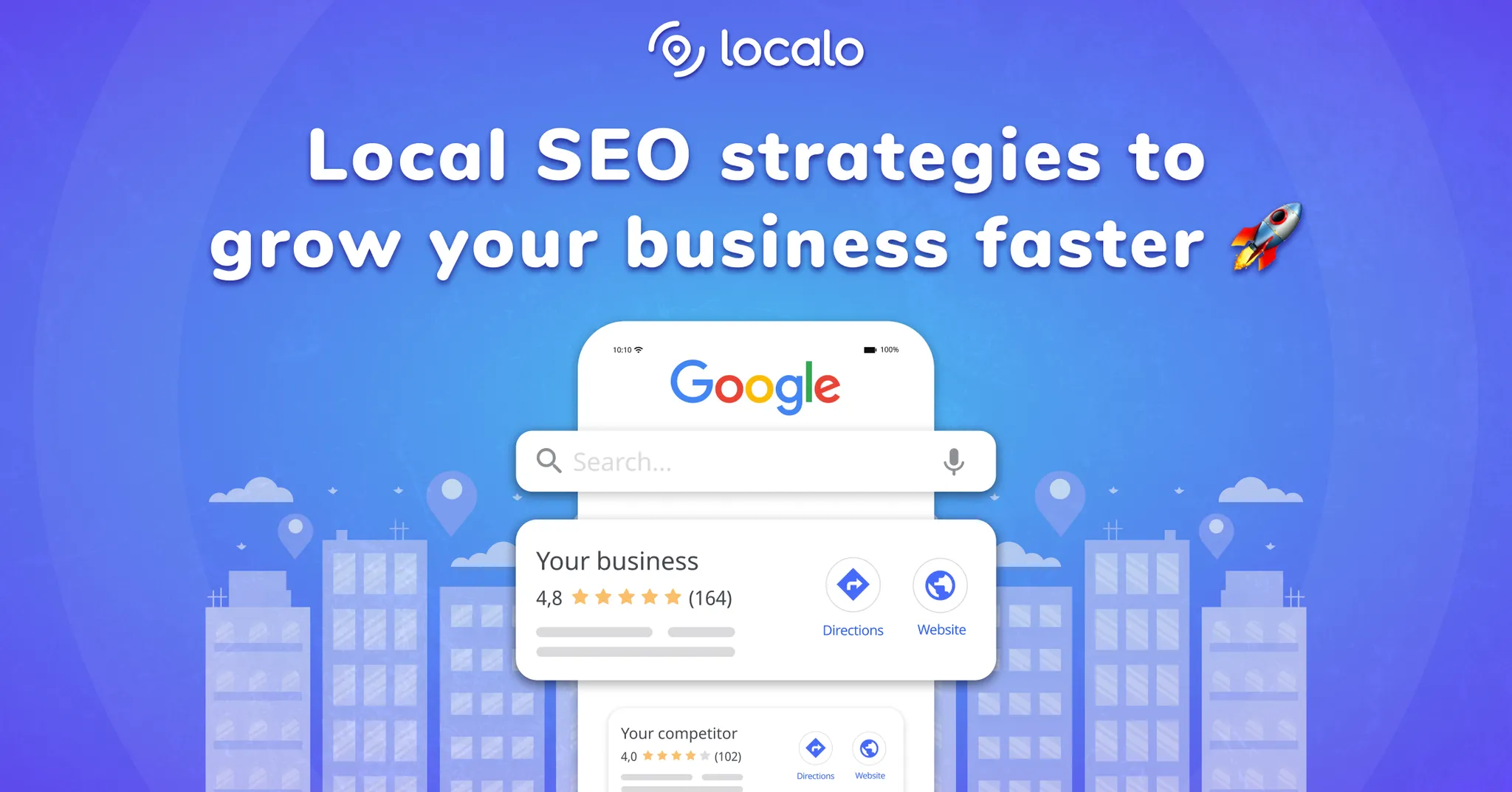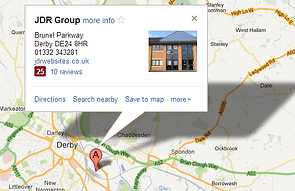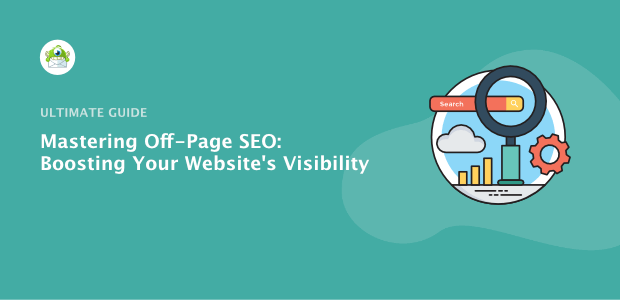Local SEO for Service-Based Businesses: Best Practices to Dominate Local Search
Estimated reading time: 7 minutes
Key Takeaways
- Local SEO is critical for service-based businesses to attract local customers.
- Optimize your Google My Business (GMB) profile for local search visibility.
- Maintain consistent NAP (Name, Address, Phone) citations across online directories.
- Encourage and manage online reviews to build trust and improve rankings.
- Optimize for “near me” searches with location-specific keywords and mobile optimization.
- Adapt your strategy for voice search by using conversational phrases and FAQ pages.
- Track your local SEO performance using rank tracking tools and GMB Insights.
Table of contents
- Local SEO for Service-Based Businesses: Best Practices to Dominate Local Search
- Understanding Local SEO Fundamentals for Service-Based Businesses
- Best Practices for Local SEO
- Google My Business (GMB) Optimization
- Local Citations and NAP Consistency
- Online Reviews and Reputation Management
- Dominating Google Map Pack Rankings
- Optimizing for “Near Me” Searches
- Voice Search and Local SEO
- On-Page SEO for Local Visibility
- Tracking and Measuring Success
- Common Mistakes to Avoid
- Frequently Asked Questions
Did you know 70% of “near me” searches result in a store visit? For service-based businesses like plumbers, electricians, and HVAC technicians, local SEO isn’t optional—it’s essential.

Local SEO for service-based businesses helps you attract hyper-local customers actively searching for services in your area. This guide breaks down actionable strategies to rank higher, convert nearby searchers, and outshine competitors. Let’s dive in.
Understanding Local SEO Fundamentals for Service-Based Businesses
Local SEO focuses on optimizing your online presence to rank for location-specific searches (e.g., “emergency plumber near me”). Here’s why it’s critical for service-based industries:
- Proximity matters: Customers prioritize nearby businesses for immediate solutions.
- No storefront? No problem: Local SEO helps businesses without physical locations compete in specific service areas.
- Google Map Pack dominance: Local SEO targets the top 3 businesses highlighted on Google Maps for local queries.
Unlike traditional SEO, local SEO emphasizes geographic targeting and “near me” searches. For example, a landscaper in Miami can rank for “lawn care Miami” without competing nationally.

Best Practices for Local SEO
1. Google My Business (GMB) Optimization
Your GMB profile is your digital storefront. Follow these steps:

- Claim and verify your listing: Ensure control over business details.
- Accurate NAP: Keep your Name, Address, and Phone number consistent.
- Service areas: Define your coverage (e.g., “Serving a 20-mile radius around Dallas”).
- Categories: Select relevant ones like “HVAC Repair Service” or “Residential Electrician.”
- Use GMB posts: Share promotions (“$50 Off First Visit”) or seasonal offers.
- Q&A section: Answer FAQs like “Do you offer 24/7 service?”
(Source: https://www.seospace.co/blog/seo-for-service-businesses)
2. Local Citations and NAP Consistency
Inconsistent details confuse search engines and customers.

- Top directories: List your business on Yelp, Yellow Pages, and Angi.
- Industry-specific platforms: Use HomeAdvisor for contractors or Thumbtack for home services.
- Audit regularly: Tools like BrightLocal scan for NAP errors.
(Source: https://www.seospace.co/blog/seo-for-service-businesses)
3. Online Reviews and Reputation Management
Reviews build trust and boost rankings.

- Ask for reviews: Send post-service emails or SMS with direct links.
- Respond to feedback: Address negative reviews professionally (“We’ll fix this issue—please contact us”).
- Highlight testimonials: Feature 5-star reviews on your website.
(Source: https://www.pinmeto.com/blog/local-seo-for-service-area-businesses)
Dominating Google Map Pack Rankings
The Google Map Pack (top 3 local listings) drives 44% of clicks. To rank here:

- Refine service areas: Limit your GMB radius to 30 miles for better proximity signals.
- Keyword-rich descriptions: Use phrases like “Licensed electrician serving [City] since 2010.”
- Local backlinks: Partner with local blogs, chambers of commerce, or charities for links.
Example: A San Diego roofing company guest posts on a local real estate blog.
(Source: https://www.entrepreneur.com/article/484284)
Optimizing for “Near Me” Searches
“Near me” searches grew 150% year-over-year. Capture these high-intent searches with:

- Location keywords: Include “plumber in [City]” or “AC repair near me” in content.
- Mobile optimization: Ensure fast loading times and click-to-call buttons. (porifyx.com/technical-seo)
- Schema markup: Add LocalBusiness schema to clarify service areas and hours.
(Source: https://www.entrepreneur.com/article/484284)
Voice Search and Local SEO
Voice searches like “Hey Google, find a nearby electrician” require unique optimization:

- Conversational phrases: Target “best HVAC repair near me” instead of “HVAC services.”
- FAQ pages: Answer questions like “How much does furnace repair cost?”
- Concise info: Keep business hours, services, and contact details easy to parse.
(Source: https://www.seospace.co/blog/seo-for-service-businesses)
On-Page SEO for Local Visibility

- Location pages: Create pages like /plumbing-chicago with unique content and testimonials.
- Meta titles: Use “Top Plumber in [City] | 24/7 Emergency Service.”
- Local images: Upload team photos with city landmarks or service vehicles.
(Source: https://www.entrepreneur.com/article/484284)
Tracking and Measuring Success
-
- Rank tracking: Use BrightLocal or Moz Local to monitor local keywords.
- GMB Insights: Track profile views, calls, and direction requests.

- Conversion metrics: Measure form submissions or calls from local traffic.
- SEO Audits: Regular audits ensure your strategy stays aligned with algorithm updates. (https://porifyx.com/seo-audits)
(Source: https://www.seospace.co/blog/seo-for-service-businesses)
Common Mistakes to Avoid
- Ignoring mobile: 60% of “near me” searches happen on mobile. (https://porifyx.com/website-redesign-strategy-2025-guide)
- Inconsistent NAP: “LLC” vs. “Inc.” discrepancies hurt rankings.
- Unaddressed reviews: Negative feedback left unanswered damages trust.
(Source: https://www.pinmeto.com/blog/local-seo-for-service-area-businesses)
Frequently Asked Questions
What is Local SEO?
Local SEO focuses on optimizing your online presence to rank for location-specific searches, helping businesses attract local customers actively searching for services in their area.
Why is Google My Business (GMB) important for Local SEO?
Your GMB profile is your digital storefront and is critical for local search visibility. Optimizing it helps you control your business details, appear in the Google Map Pack, and attract local customers.
What are NAP Citations and why are they important?
NAP (Name, Address, Phone) Citations are mentions of your business name, address, and phone number on online directories and websites. Consistent NAP across the web is crucial for search engines to verify your business information and improve local rankings.
How do Online Reviews affect Local SEO?
Online reviews build trust with potential customers and significantly boost your local search rankings. Positive reviews and responding to feedback are essential for reputation management and SEO.
What is the Google Map Pack?
The Google Map Pack is the section in Google search results that displays the top 3 local business listings on a map. Ranking in the Map Pack is crucial for local businesses as it drives a significant portion of local search clicks.
Why is optimizing for “near me” searches important?
“Near me” searches have grown exponentially and represent high-intent customers looking for local services right now. Optimizing for these searches with location keywords and mobile-friendly design is vital to capture local traffic and conversions.
By implementing these local SEO for service-based businesses strategies, you’ll boost visibility, attract nearby customers, and stay ahead of competitors. Start by auditing your GMB profile and optimizing for voice search today.




